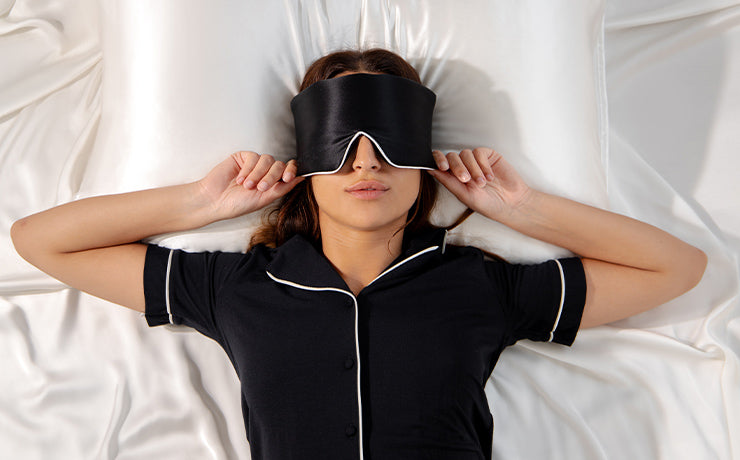Identifying Insomnia: Key Symptoms to Watch For
Each night, when we surrender to sleep, our bodies and minds participate in a crucial process: nocturnal rejuvenation. This period of recovery extends beyond merely pausing our busy routines. It is during sleep that our bodies and brains repair themselves, preparing for the upcoming day. The critical role of sleep in maintaining our health cannot be overstated. However, the smooth cycle of rest can be interrupted by insomnia. Have you ever considered whether your sleep quality is compromised? Recognizing the signs of insomnia is the first step to addressing this common sleep disorder.
Insomnia Explained:
Insomnia is a sleep disturbance that can significantly impact your health and daily functioning. It is essential to understand that the issue lies not only in the quantity of sleep but also in its quality. Some individuals struggle to fall asleep, frequently wake up during the night, or find themselves waking too early, all of which can lead to increased exhaustion and stress.
Root Causes of Insomnia in Adults:
Psychological factors such as stress, anxiety, and depression are frequently at the heart of sleep issues, accounting for over half of all insomnia cases. Events in life, alongside poor sleep habits, can lead to persistent insomnia, affecting your life quality.
Behavioral factors like consuming stimulants, engaging in stimulating activities before bed, or screen exposure before bedtime can disrupt sleep. External factors such as irregular schedules, environmental noise, or uncomfortable bedroom conditions can also contribute to insomnia.
Additionally, medical conditions like hyperthyroidism, acid reflux, or restless legs syndrome might be underlying causes of sleep difficulties. Identifying and addressing these issues is crucial for managing and understanding insomnia better.

Identifying Insomnia: Key Signs You Might Be Affected
Recognizing early symptoms of a sleep disorder is crucial to prevent its impact on your daily activities, as timely intervention can lead to effective treatment.
Frequent Nighttime Awakenings
If you find yourself awake in the night, staring blankly at the ceiling, unable to sleep again, it might signal a sleep disorder needing attention. Such disturbances, if recurring, could indicate underlying issues like sleep apnea or high stress levels. Simple remedies like ventilating your room or using a a black-out sleep mask may help, but consistent interruptions in your sleep should prompt a consultation with a medical professional.
Difficulty Initiating Sleep
Struggling to fall asleep, despite profound fatigue, can be a distressing sign of insomnia. This trouble may arise from various factors, including anxiety, mood disorders, or irregular sleep schedules. Establishing a consistent bedtime routine and ensuring a sleep-friendly environment are critical for fostering good sleep habits.
Reduced Concentration
Insufficient or fragmented sleep severely affects cognitive functions. This exhaustion impairs your ability to focus and remember information, particularly affecting declarative memory, crucial for recalling past events. This reduction in concentration can be hazardous, especially in activities like driving, emphasizing the need to address your sleep issues promptly.
Waking Up More Tired
It is abnormal to wake up feeling more exhausted than when you went to bed. This condition often results from poor sleep quality due to frequent awakenings or trouble falling asleep. Additionally, factors like lifestyle changes, excessive work, or poor diet can contribute to this tiredness. Identifying and understanding the causes of your insomnia are vital steps toward improving your sleep and eliminating chronic fatigue.
Emotional Instability
Lack of sufficient sleep can drastically affect your mood, leading to irritability, mood swings, and a general negativity. The fatigue from poor sleep may decrease motivation and focus, draining the energy required for daily tasks, both in your professional and personal life.




